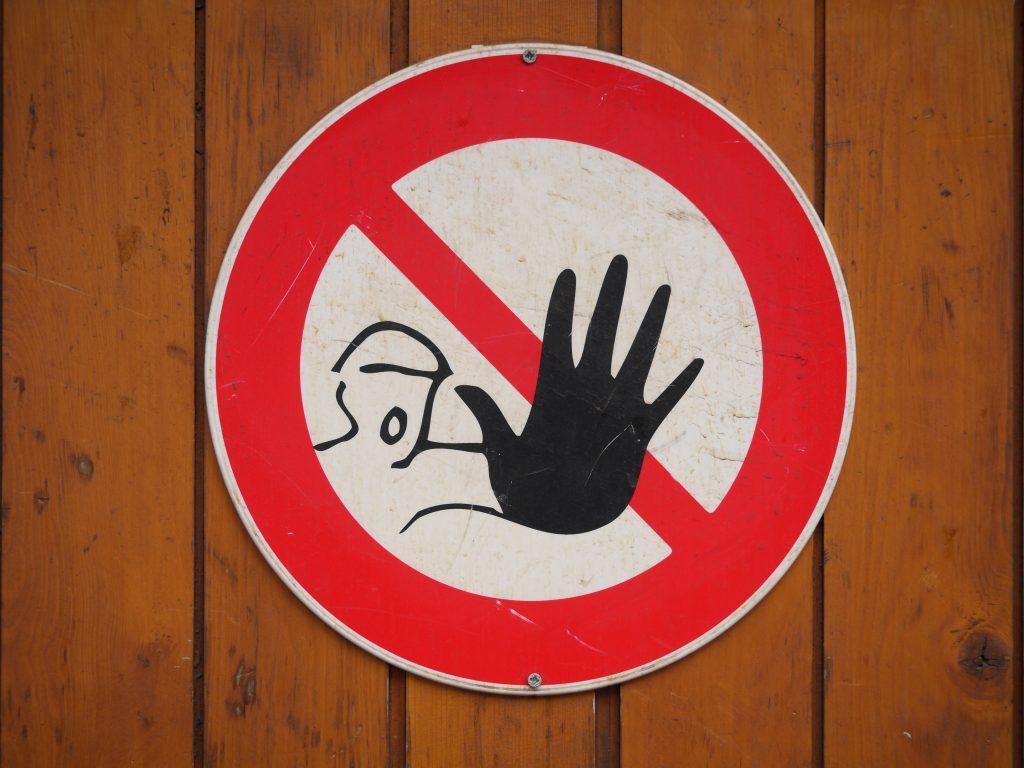Warning: There are many side effects associated with this treatmet, some of which can be quite serious. While some side effects are normal, there are others which should be reported immediately, and your doctor should be able to help you learn the differences. Any unusual or severe side effects should be immediately reported to your doctor. Some people also have severe allergic reactions to this medication, and you should report any known allergies to your doctor.

Indications: Dactinomycin is primarily a cancer medication, and is especially effective at treating the following cancers: Wilms’ tumor, rhabdomyosarcoma, Ewing’s sarcoma, trophoblastic neoplasms, and testicular carcinoma. It can also be used to treat other types of cancer, but works best on sarcomas and carcinomas. It can also be used to treat various other types of noncancerous diseases, especially Paget’s disease. It can also be used to help kidney and heart transplant patients who have had complications with their new organs.
Dactinomycin is usually administered by an injection, as often as your doctor recommends it. It is a special type of antibiotic cancer treatment that is used in chemotherapy. It will stop or slow the growth rate of cancerous cells and sometimes other fast-growing cells.
Dosage: You should only take this medication under the supervision of a doctor. Your doctor should administer the drug to you through an injection and monitor your vitals throughout the process.  Depending on how you react, you may need to remain a while after you have received the medicine so that you can continue being monitored. Like any type of chemotherapy, there will be side effects, and your doctor should be able to help you know what to expect.
Depending on how you react, you may need to remain a while after you have received the medicine so that you can continue being monitored. Like any type of chemotherapy, there will be side effects, and your doctor should be able to help you know what to expect.
Overdose: Dactinomycin is administered in hospital by professionals; the risk of overdose is very low. However, accidental overdose or administrative mistake can happen. Dactinomycin overdose can cause exaggerated immunosuppression (life threatening low immune defense), and lead to severe or fatal infections. There is no specific treatment for Dactinomycin overdose. The treatment is symptomatic and close monitoring to avoid major complications.
Missing dose: the fact that Dactinomycin is administered in hospital by professional, it is very difficult to miss any dose if you are present at your doctor’s appointment. If for some reasons you cannot go to the hospital for the treatment, contact your health care provider before the date schedule for the injection.
Contraindication: If you have ever had gastrointestinal disease, ulcers, or liver problems, you should talk to your doctor before beginning this treatment. You should be sure to keep your doctor updated on all of your past and current health problems as well. Any side effects should be reported as soon as possible as they may be a sign of a further health complication.
Interactions: This treatment can interact with many different medications, and you should tell your doctor everything you are taking. This is not limited to prescription medication. In fact, you should be especially careful to report all of the vitamin supplements and aspirin you are taking or plan to take. You should also be sure to talk to your doctor if you have recently had a vaccination or if you are planning to have a vaccination while you are having treatments.
Side effects: by attacking the cancer cells, Dactinomycin also attacks normal cells, which can cause various side effects in most patients. Common Dactinomycin side effects include:
- mouth blistering
- temporary hair loss
- nausea and vomiting
- decreased appetite
- weight loss
- abdominal pain and diarrhea
- difficulty swallowing
- blistering skin
- skin irritation
- Skin rash.
Dactinomycin can cause serious side effects which require immediate medical attention; contact your doctor immediately if you experience any of these symptoms:
- chills
- Seizures
- fever, which can be accompanied with a persistent cough
- shortness of breath
- breathing difficulty
- unusual bruising or bleeding
- dizziness or/and faintness
- yellowing of the skin or eyes
- swelling of your feet or ankles
- Swelling and pain at the injection site.



